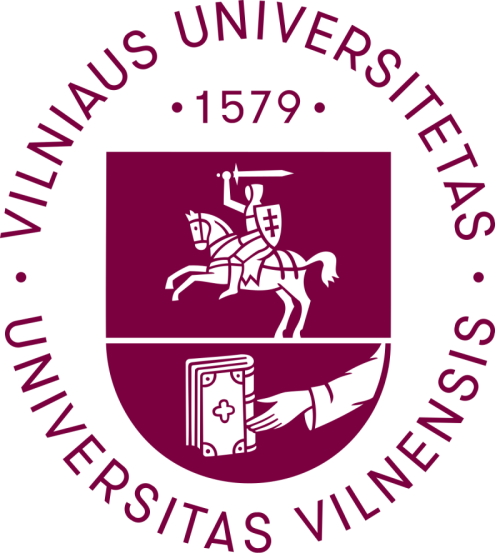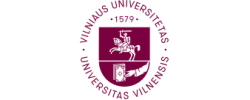Vilnius University is a classical university with 440 years of academic traditions and the widest range of study programmes in Lithuania. The university offers an academic environment focused on excellence in research and teaching. Vilnius University is 1st in Lithuania according to national ranking. It is the most popular and most acknowledged higher education establishment among Lithuanian secondary school graduates.
Vilnius University has 14 academic units (Faculties, Centres and/or other), one of the oldest Libraries in Lithuania, the Astronomical Observatory, the Botanical Garden, 2 Hospitals of Vilnius University. In 2019, there were 19996 students at the University, 11720 of them in undergraduate studies, 3470 in graduate studies, and 2941 in integrated studies. There were 830 MDs in residency and 690 doctoral students. Research and teaching are carried out by 2926 specialists, 2256 of them academic staff and 670 researchers.
Kaunas Faculty, the only academic subunit of Vilnius University located in a different city, is interdisciplinary, i.e., it encompasses study programmes from three different fields of science: Humanities, Social and Physical Sciences (Informatics). It has 2 institutes which run undergraduate and postgraduate programmes in humanities (e.g., Lithuanian language and advertising, BA; Audio-visual translation, BA), physical (e.g., Business informatics, BSc) and social sciences (e.g., International Business Management, MSc; Culture management, BSc; Arts management, MSc; Economics and management, BSc). VU Kaunas faculty also provides original study programmes “Information Systems and Cyber Security”, “Financial Technology (FinTech)”, that corresponds market needs and supplies both bachelor and master’s degrees.
The Faculty has experience in international projects, e.g., Erasmus+ KA2 in HE (Future competences pathways for marketing and ICT education and Blockchain Network Online Education for interdisciplinary European Competence Transfer), FP7 Mary Curie IRSES scheme (Pro-ecological restructuring for job, PRORES, 2011-2015), COST actions, LLP programmes, e.g. "Enhancing Ethical and Environmental Competence in Leadership and Management for Sustainable Development", and others.


